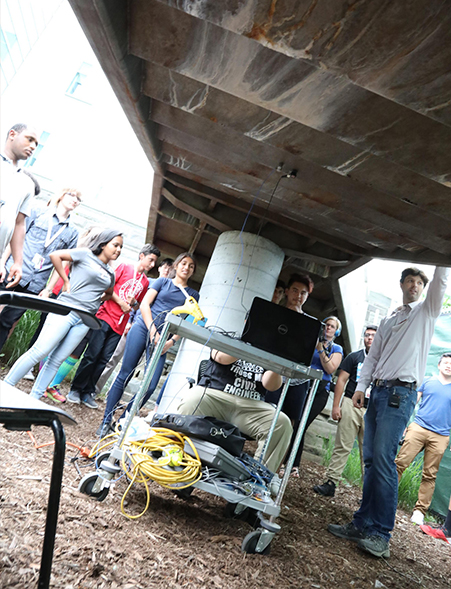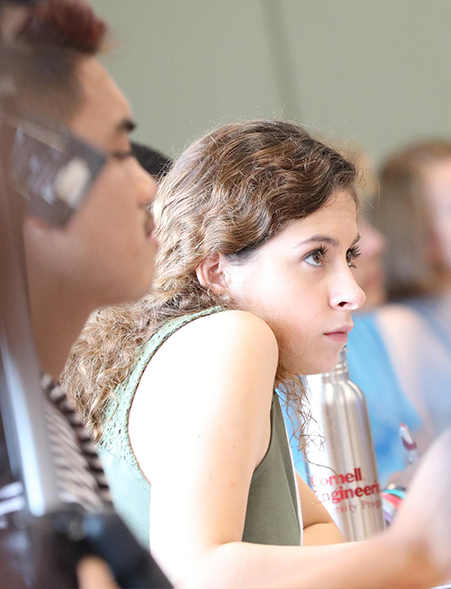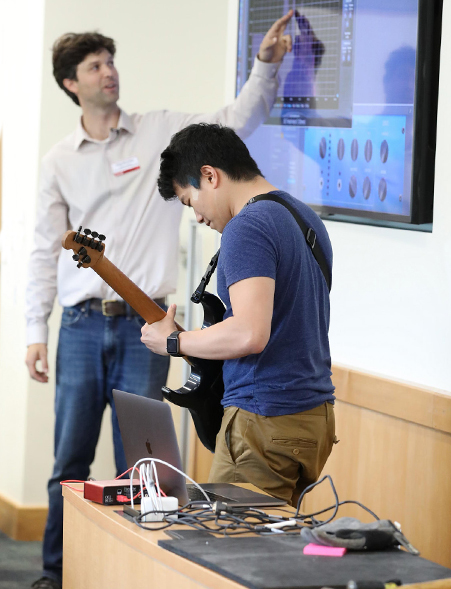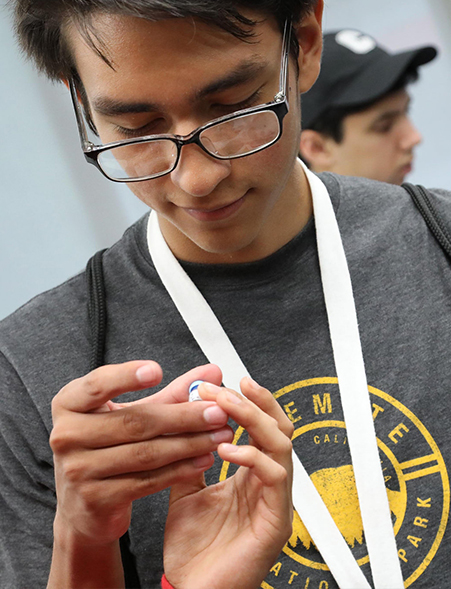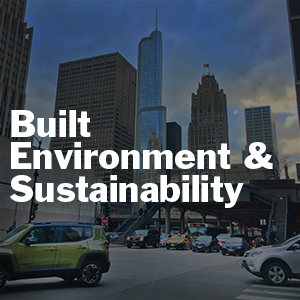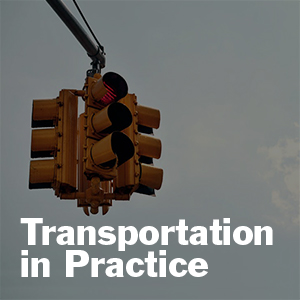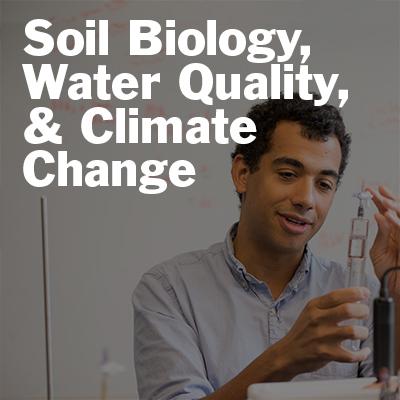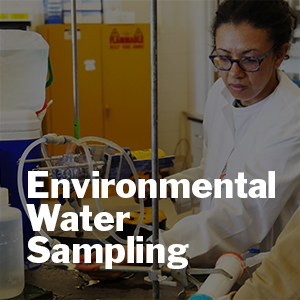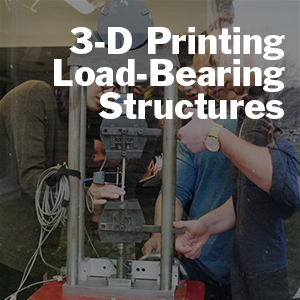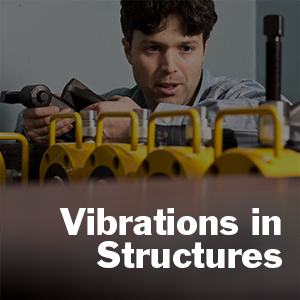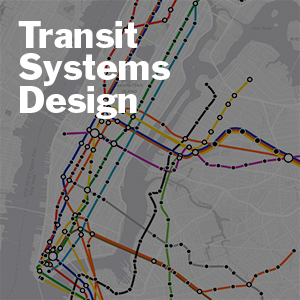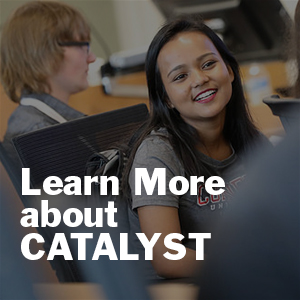CTECH was proud to host the 2017 “Built Environment and Sustainability” activity as part of the Cornell College of Engineering Diversity Program’s CATALYST Academy.
48 dynamic junior and senior high school students participated in this one-week summer residential program intended to advance diversity in engineering and its related disciplines. In addition to making new friends and experiencing life on a university campus, these students listened to lectures on different aspects of built environments and then worked on design or discovery-oriented activities. They participated in team activities with students from across the country conducting surveys, experiments and computer simulations on topics of crowding; co-meeting in planning, design and management of transit systems, transportation emissions and monitoring real time exposure to air pollution; 3-D printing of test plates subject to ballistic impacts; and seismic design and testing.
During the CTECH CATALYST activity, Cornell University’s world-class faculty, staff and graduate students led participants in classes, lab sessions, and research projects. Social events, panel discussions, and other out-of-classroom activities provided participants with opportunities to network informally with each other as well as with Cornell faculty, staff, and students.
Oliver Gao and Todd Cowen
In this lab session, Professors Oliver Gao and Todd Cowen taught students systems thinking about the complexity of transportation, emissions, air pollution, and public health problems.
Veronica Davis
During this lesson taught by Veronica Davis, Cornell School of Civil and Environmental Engineering alumna and advisory board member, students were given an opportunity to design a transportation system of the future.
Matt Reid
In this session, Assistant Professor Matthew Reid discussed how the “unseen majority” of microorganisms in soils have an outsized influence on chemical pollutants that make their way into waterways, and on the emission of gases that contribute to climate change.
Yolanda Brooks
During this lab session Dr. Brooks gave a demonstration of water testing and discussed her current research.
Derek Warner and Paul Charles
In this module, Associate Professor Derek Warner and Equipment Technician Paul Charles introduced students to the concept of Additive Manufacturing (AM), with a focus on creating load bearing parts and structures. As a demonstration, students used AM technology to design, create, and test plate subjected to a ballistic impact.
Greg McLaskey
In this lab session, Assistant Professor Greg McLaskey introduced students to vibrations in structures ranging from the inner Earth, to buildings and bridges, to electric guitars.
Samitha Samaranayake
During this session, Assistant Professor Samitha Samaranayake introduced some engineering problems that arise in the context of urban mobility.
The CATALYST Academy
…is a one-week summer residential program for rising high school juniors, and seniors.
